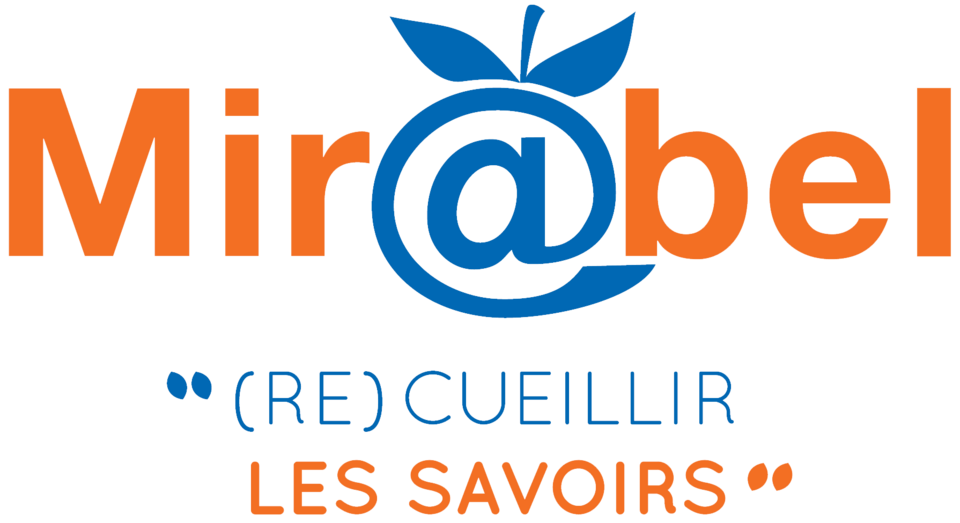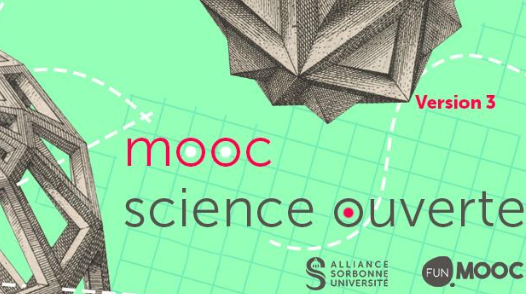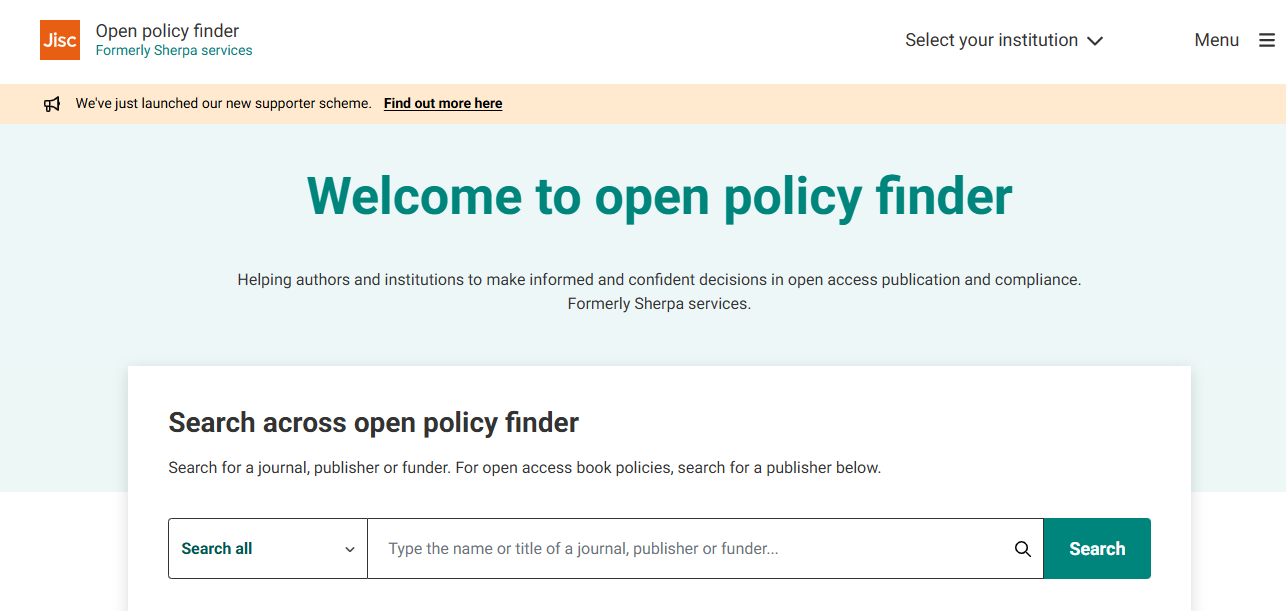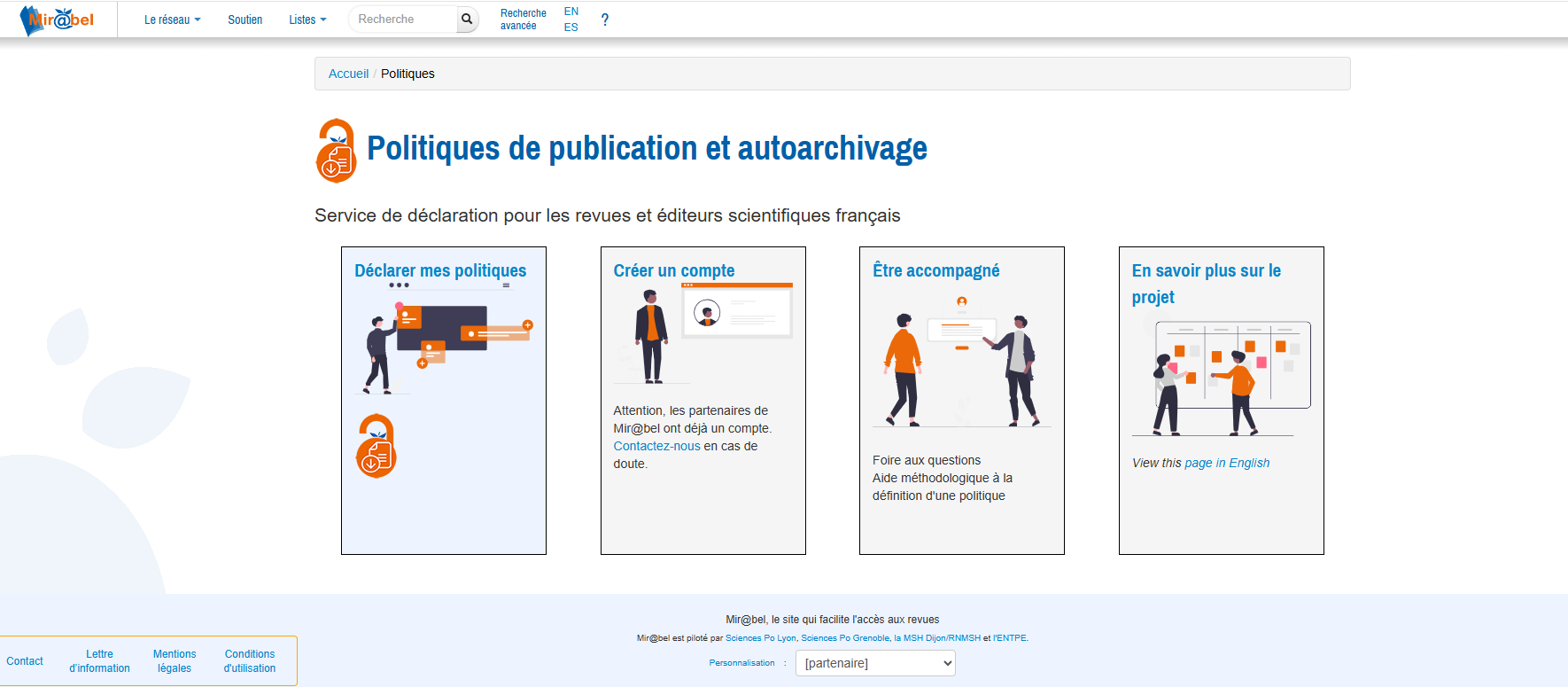Enhancing the visibility of French scientific journals’ publication policies
Mir@bel provides a tool for declaring and consulting the publication and self-archiving policies of French scientific journals. This service was developed under the leadership of the Committee for Open Science and its working group on publication policies. It helps enhance the visibility of French journals and provides researchers with clear information when they deposit their articles in open archives. Finally, researchers are provided with a whole range of information about journals and their distribution.
Understanding the publication policies of scientific journals
The economic and legal models for scientific publication and dissemination result from 25 years of debate and structuring by the stakeholders – publishers, scientific communities, university libraries, government agencies, and so on. From the very start, initiatives have been implemented to identify and describe these models. The most important among these was the Sherpa Romeo initiative which was the result of a project that began in 2002. Its aim was to study the intellectual property issues linked to the emergence of institutional repositories for preprints and articles published in journals. Sherpa Romeo is maintained by the Joint Information Systems Committee (JISC), a UK organisation that works on developing digital technologies for higher education and research, Sherpa Romeo became popular because it enables researchers to check on their rights when depositing their publications in an open archive.
In fact scientific journals and their publishers have gradually experimented with or actually imposed new distribution models that incorporate open access. Issues have arisen regarding licences that enable content to be freely distributed and reused, including the Creative Commons licences. It has become essential to work towards a more detailed understanding of the policies of journals and their publishers, particularly the conditions for their distribution of articles. This has led to Sherpa Romeo’s role being reinforced with the database gaining an international audience. However its objective has also evolved with the main focus now on supporting authors who want to find the ‘right journal’ to publish in. The JISC is continuing to develop its service to take into account recent trends in open access to written works, the requirements of funding bodies and universities, the so-called transforming agreements, and so on. For example, it has just upgraded its database to include a new search engine and, in November 2024, a major transformation was carried out with the merger of Sherpa Romeo and other information services under the new name of Open Policy Finder.
The Mir@bel declaration service
French journals’ policies are rarely described in Open Policy Finder so to make up for this shortcoming and in the framework of the public policy on open science, Mir@bel has set up a highly useful service for researchers to improve the visibility of the policies of French publishers. This service is independent of Open Policy Finder but does contribute to its content.
This service for declarations is aimed at journal publishers – university presses, research teams, learned societies, independent journals, etc. Open Policy Finder is designed to deal with the standard policies international publishers apply to their entire portfolios but Mir@bel needs to adapt to the multiplicity and diversity of French scientific journal publishing stakeholders. The aim is to encourage a process which often brings up important questions for a journal’s editorial team. Has the journal formalised its article redistribution policy? Has this policy been validated and published on the journal’s website? Are the re-use contracts and licences that are used in compliance with this policy? A policy of this kind enables a journal to decide whether its authors have the right to redistribute their articles through other channels, particularly open archives. Whatever a journal’s business model, this is an important factor in its positioning on open science. Increasing numbers of universities are encouraging the journals they publish to formalise their editorial practices in legal terms and providing support services to assist them with this. Mir@bel acts a trusted third party and can thus centralise declared policies for France. This follows the example of other national services like Diadorim or Dulcinea and relays the information to Open Policy Finder. This information gives French publishing greater exposure in a database that is the reference for studies on scientific publishing as well as the positive effect it has on an individual journal’s visibility, of course.
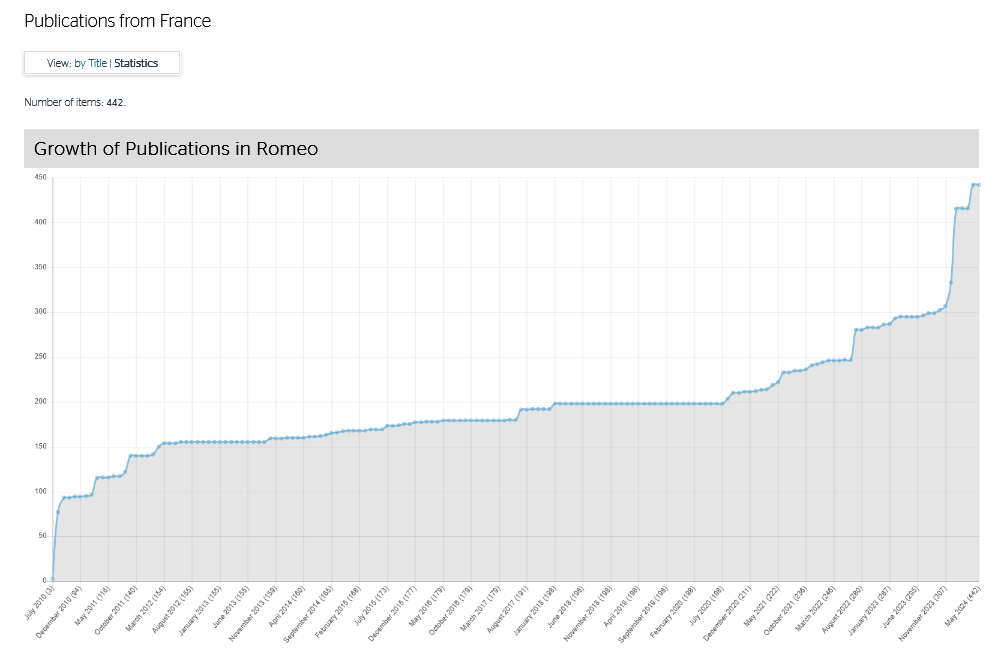
Presence of journals published by a French publisher in the Sherpa Romeo database from July 2010 to May 2024, given in number of listed titles.
The growth observed since December 2023 directly results from the Mir@bel declaration service.
Source: screenshot taken on 24-02-2025 via the ‘Web Archive’ of the Sherpa Romeo website (version on 31-05-2024).
Alongside this, Mir@bel’s role in registering policies has been recognised by the Directory of Open Access Journals (DOAJ) and these policies will soon be visible on HAL to accompany article submissions.
The Mir@bel knowledge base describes over 22,000 periodical publications and enables researchers to consult a range of information on journals. The distribution and referencing ecosystem for each scientific journal is given alongside information on publication policy. The latter is translated into French when it originates from Open Policy Finder. Users of the base can find journals in their field, information on how these are distributed (with or without publication fees for open access journals) or just browse through all the available online content. Researchers in the fields of antiquity science, info-com sciences or Anglican studies can explore a corpus of journals that are recognised in their discipline. These are known as ‘clusters’ on Mir@bel. Mir@bel and open science. The Mir@bel database is produced by the network of the same name made up of information professionals and publishers who work with journal platforms. The network is led by four French institutions (Sciences Po Lyon, Sciences Po Grenoble, ENTPE and MSH Dijon) with information updates from over 360 contributors, including volunteer moderators to validate contributions on publication policies. The information can be freely consulted by all via a public platform which is also an alternative to the commercial solutions offered to libraries. The descriptive metadata Mir@bel produces is re-disseminated in many other tools under an Open Licence which of course also enhances the visibility of the journals concerned. The experience acquired in working on the policy declaration service and through the collaboration with JISC has been capitalised on in the two award-winning FNSO projects Mir@bel2022 and Mir@AO to enhance the visibility of journals published in France. As with the JISC (but with different modalities), Mir@bel has the role of a trusted third party to improve the referencing of French journals within the Mir@bel2022 consortium made up of 14 partners including the Bibliographic Agency for Higher Education (Abes) and the DOAJ. Mir@bel is gradually identifying and matching the reference corpus of French scientific journals through these projects, working in collaboration with the communities involved and organisations like the Committee for Open Science and the Observatoire de l’Édition Scientifique (Scientific Publishing Observatory). The indicators that emerge from this work will be published on Mir@bel and will be a useful addition to the French Open Science Barometer which has a more specific focus on the contribution made by French journals to the national publications landscape.
To find out more
- The Mir@bel declaration service for French scientific journals and publishers: https://reseau-mirabel.info/site/politiques
- 2022 article (in French) on the Ouvrir La Science site on the launch of the Mir@bel service for declaring open access article dissemination policies: https://www.ouvrirlascience.fr/lancement-du-service-mirbel-de-declaration-des-politiques-de-diffusion-darticles-en-acces-ouvert/
Written by Bernard Teissier (head of the ENTPE’s Centre de Ressources Documentaires et Ressources Numériques), Armelle Thomas (head of documentary engineering for open access to publications, MSH Dijon, CNRS, UBE) and Sophie Fotiadi (coordinator of the Mir@bel network, Sciences Po Lyon).
